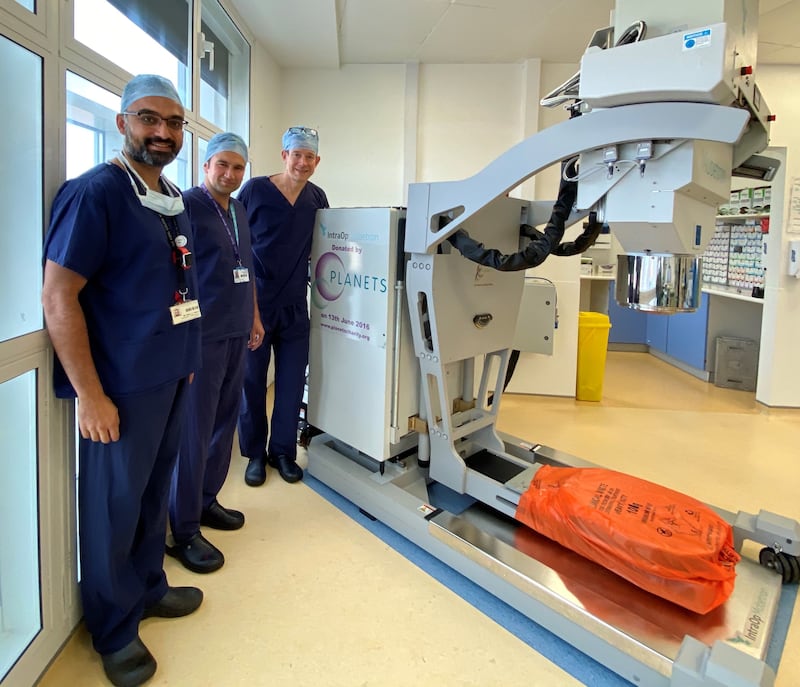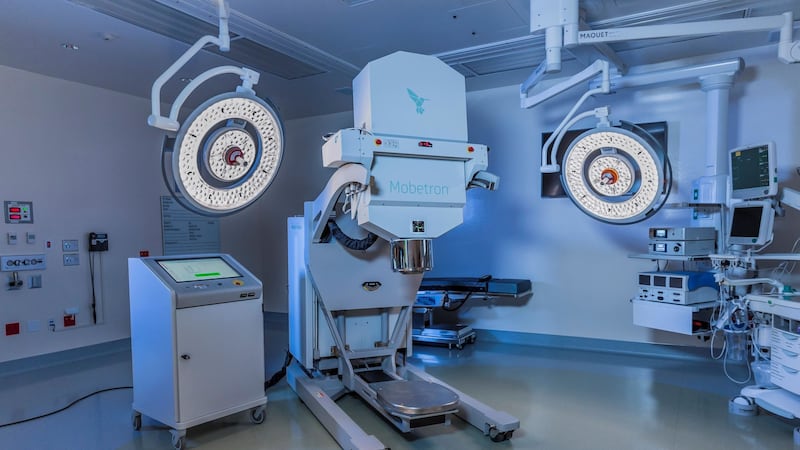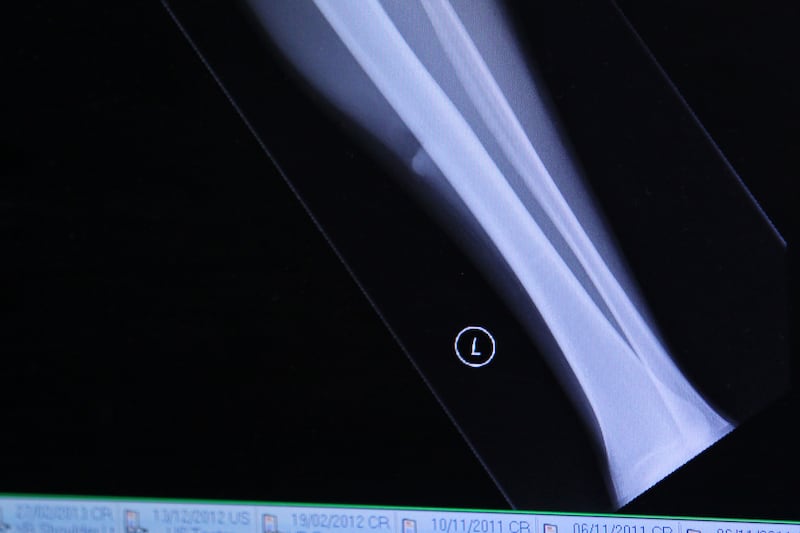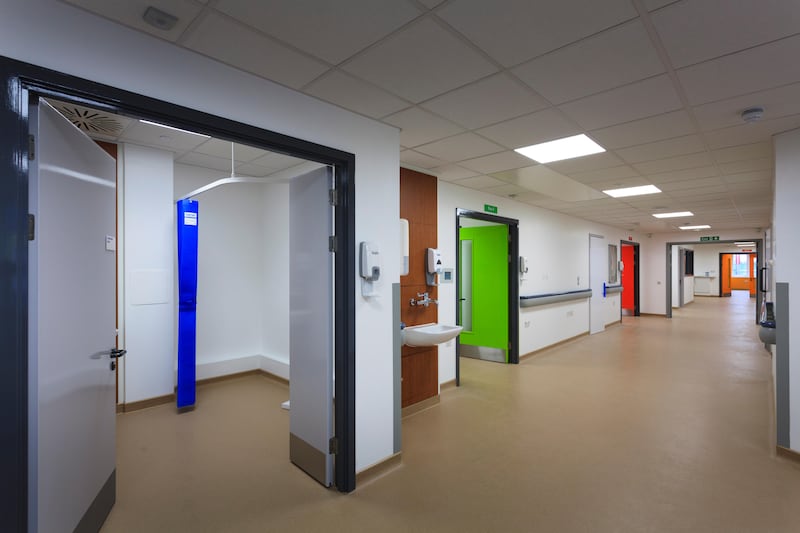The first UK pancreatic cancer patients have been treated using a “revolutionary” device that allows them to receive radiotherapy during surgery, with the aim of boosting survival rates.
A total of 19 patients at University Hospital Southampton (UHS) have now received a full dose of radiotherapy in the space of a few minutes during their operations using the equipment, called Mobetron.
Pancreatic cancer is an aggressive form of the disease that is normally diagnosed at a late stage.
It has the lowest survival rate of all common cancers, with five-year survival for patients in the UK at less than 7% and beyond 10 years at just 1%.
Funded by PLANETS Cancer Charity, which fundraises for pancreatic, liver, abdominal and neuroendocrine tumour services, Mobetron is the first portable system in the world able to administer the treatment – known as intraoperative radiotherapy (IORT) – mid-surgery.

IORT is an intensive form of targeted radiation given at the time of surgery to treat a wide variety of advanced cancers that are otherwise difficult to remove and treat, such as during surgery on the head of the pancreas, a procedure known as pancreaticoduodenectomy or Whipple procedure.
In a research letter published in the British Journal of Surgery, clinicians at UHS and PLANETS report that the method is safe; there were no deaths within 30 days of surgery, and post-surgery complications occurred in only six patients and were resolved.
The length of hospital stay was the same as for those who had pancreatic cancer surgery without IORT.
Arjun Takhar, a consultant hepatobiliary and pancreatic cancer surgeon at UHS, said: “We have shown that adoption of IORT using Mobetron is just as safe as standard pancreatic cancer surgery and this should be the impetus for others to adopt it.
“Although it is currently too early for long-term outcomes, this is an important development for pancreatic cancer patients, for whom survival rates are still poor, as it demonstrates change is possible and is coming.
He added: “IORT allows surgery and radiotherapy to be used at the same sitting and, more importantly, allows for precise delivery of radiotherapy to areas of concern without damaging the adjacent structures.”








